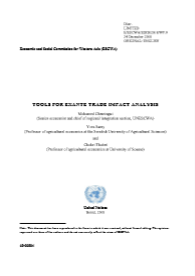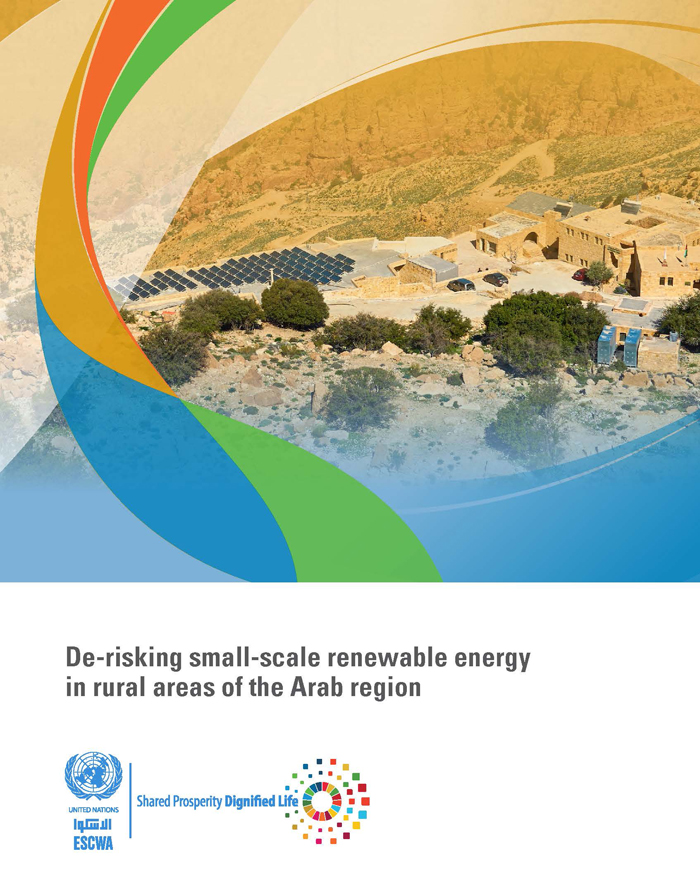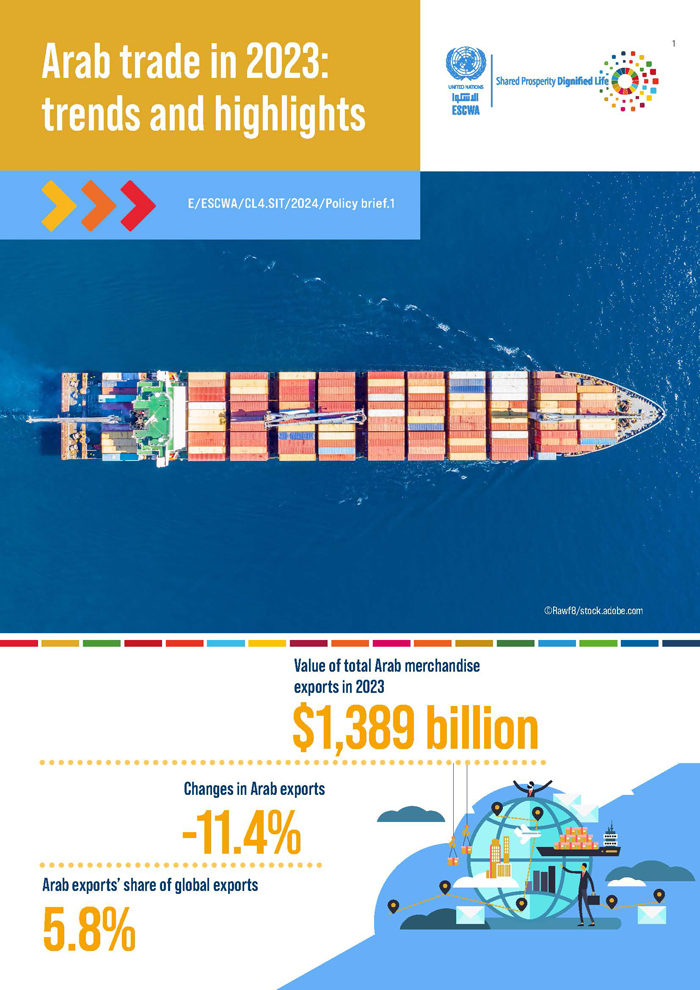
ESCWA Publication: E/ESCWA/EDID/2018/WP.9
Country: Arab region
Publication Type: Working papers
Cluster: Shared Economic Prosperity
Focus Area: Financing for development, Trade & regional connectivity
Initiatives: Blockchain for international trade
SDGs: Agenda 2030
Keywords: Arab countries, Trade policy
Tools for Exante Trade Impact analysis
January 2018
Trade reform is complex to analyze, as it combines a variety of economic mechanisms at the same time: macro-economic effects, sectoral effects, in the short and long run. Besides, the impact of the reform depends crucially on the initial situation: tax levels, distortions between sectors of activity, trade, production and consumption patterns. In such a real world, theory cannot suffice to identify optimal policies. In depth empirical analysis based on a consistent and detailed picture of the concerned economies is essential.
The objective of this technical paper is to provide a review of the various tools used to ex-ante assessment of trade policies with a focus on three major categories: gravity models, partial equilibrium models and computable general equilibrium models, that are frequently used by ESCWA in assessing trade policy reforms in the Arab region
Related content
Financing for development
, Trade & regional connectivity
,
Trade reform is complex to analyze, as it combines a variety of economic mechanisms at the same time: macro-economic effects, sectoral effects, in the short and long run. Besides, the impact of the reform depends crucially on the initial situation: tax levels, distortions between sectors of activity, trade, production and consumption patterns. In such a real world, theory cannot suffice to identify optimal policies. In depth empirical analysis based on a consistent and detailed picture of the concerned economies is essential.
The objective of this technical paper is to provide a review of the various tools used to ex-ante assessment of trade policies with a focus on three major categories: gravity models, partial equilibrium models and computable general equilibrium models, that are frequently used by ESCWA in assessing trade policy reforms in the Arab region



